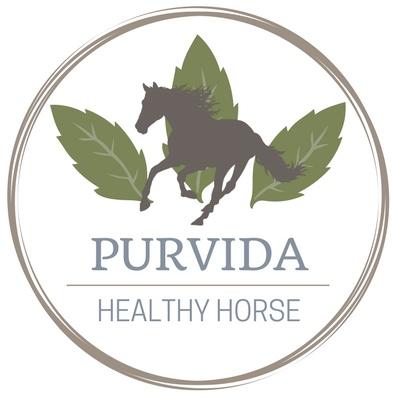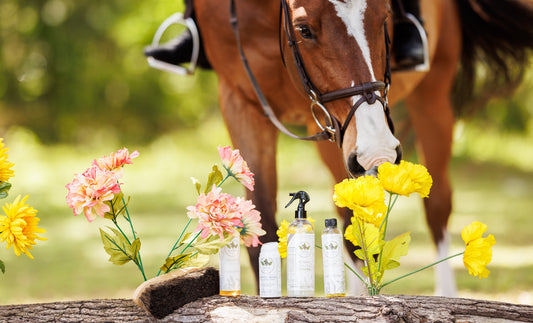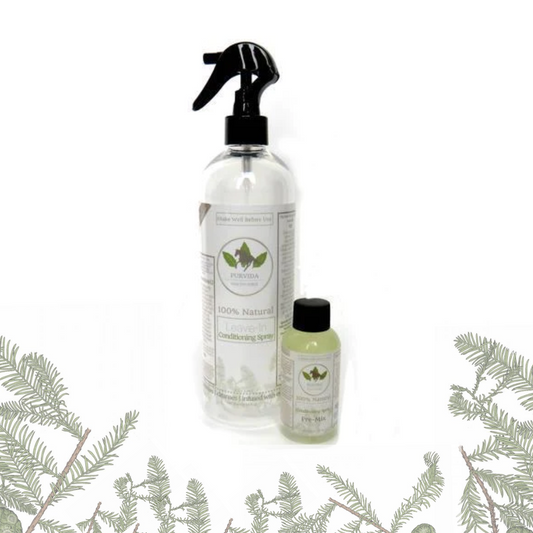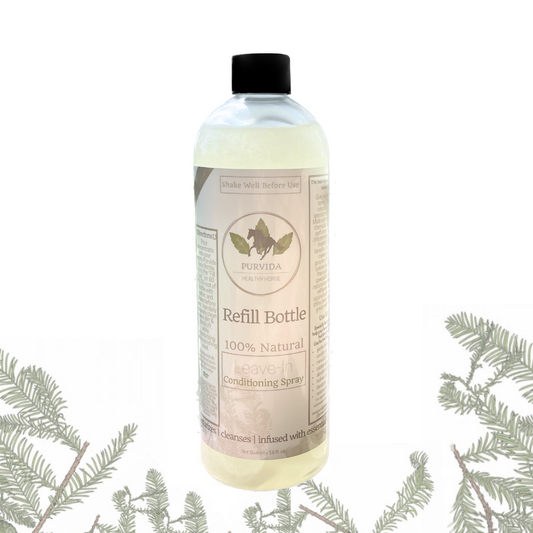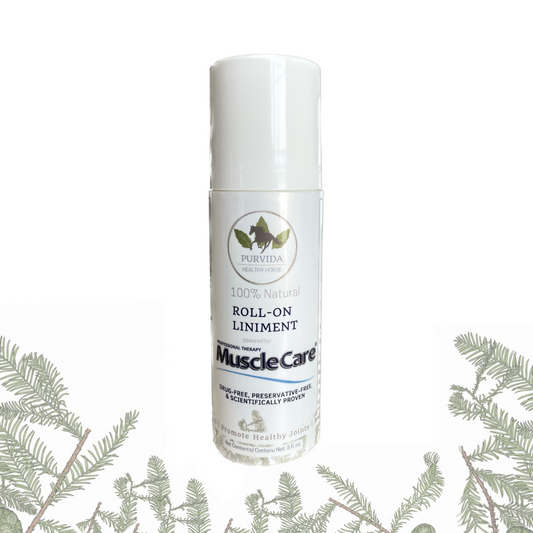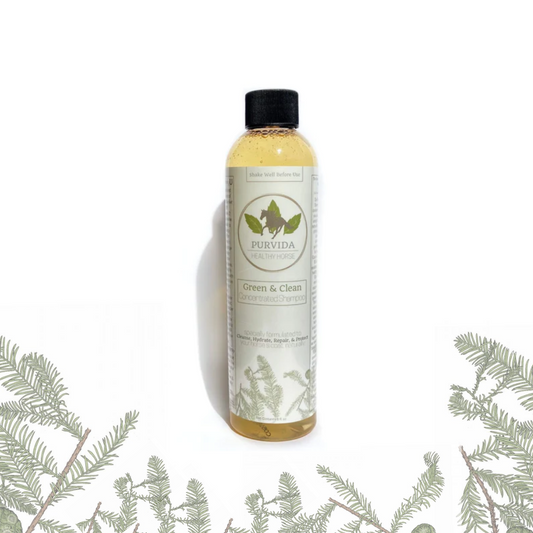We all know that keeping our horses skin & coat in top-notch condition is crucial for their overall well-being, but did you know that the key to maintaining a healthy coat lies in understanding the concept of pH balance? You might remember this term from your high school science classes, but it actually plays a significant role in maintaining both ours and our horse's skin health. Keep reading to delve into the importance of understanding pH levels and how it can impact your horse's skin & coat. From debunking common myths to providing practical tips, get ready to unlock the secret to a healthy, radiant coat!
First off, let's define exactly what pH is. Potential hydrogen, or pH, tells us how much hydrogen is in liquids—and how active the hydrogen ion is, or in other terms, pH is a measure of how acidic or basic (also called alkaline) a substance is. The pH scale ranges from 0 to 14, with 7 being neutral. pH values below 7 are acidic, and pH values above 7 are basic.
The skin of both horses and humans has a natural pH level that helps keep it healthy. The ideal pH level for human skin is slightly acidic, around 5.5. On the other hand, the ideal pH level for horse skin is slightly more basic, around 7.0 to 7.4.

When it comes to bathing horses, it's important to use products that are specifically formulated for horses and match their natural pH level. This is because the pH level of a product can affect the pH balance of the horse's skin. If a product that is not pH-balanced for horses is used, it can disrupt the natural pH balance of their skin and potentially lead to dryness, irritation, or other skin issues.
One common myth that we hear a LOT about pH levels and horse grooming is that using a more acidic product, such as vinegar or lemon juice, will make a horse's coat shinier. FYI: This is not entirely accurate...
Debunked Myth: Using acidic products, such as vinegar or lemon juice, will make a horse's coat shinier.
Explanation: While it's true that some acidic substances can help remove dirt and stains from a horse's coat, using overly acidic products can actually disrupt the natural pH balance of the horse's skin and coat. As mentioned earlier, the ideal pH level for horse skin is slightly more basic, around 7.0 to 7.4. Using highly acidic products on a horse's coat can lower the pH level, making it too acidic, which may cause dryness, irritation, or other skin issues.
Instead of relying solely on acidic products, it's important to use pH-balanced grooming products specifically formulated for horses. These products are designed to maintain the natural pH balance of a horse's skin and coat, promoting overall skin health and a shiny coat. Additionally, proper nutrition, regular grooming, and a healthy diet play a vital role in maintaining a horse's coat condition.

It's essential to understand that the pH balance of a horse's skin and coat is delicate and using overly acidic or alkaline products can do more harm than good. It's best to stick to pH-balanced products specifically formulated for horses to ensure optimal skin health and a glossy coat.
What happens if you don't? We've all been there -- you have something quick, cheap, and easy on-hand and it does the job, right? Check out some of the most commonly used products that don't match your horse's ideal pH level and what can happen with overuse:
- Human shampoos: Human shampoos are formulated for the slightly acidic pH of human skin and may not be suitable for horses, as they can be too acidic for horse skin, which has a slightly more basic pH. Using human shampoos on horses can potentially disrupt the natural pH balance of their skin and cause dryness or irritation.
- Dish soaps or detergents: Dish soaps or detergents are often highly alkaline and can be too basic for both human and horse skin. Using dish soaps or detergents to bathe horses can strip the natural oils from their skin and coat, leading to dryness and potential skin issues.
- Harsh or medicated shampoos: Some shampoos formulated for specific equine skin conditions or containing harsh chemicals can have a pH level that is not suitable for regular bathing of horses. These shampoos can disrupt the natural pH balance of the horse's skin and cause dryness or irritation if used too frequently or inappropriately.
All in all, It's important to always use products that are specifically formulated for horses and match their natural pH level when bathing them. Look for equine-specific shampoos and grooming products that are labeled as pH-balanced for horses, like our Green N' Clean Shampoo. This helps to ensure that the horse's skin and coat stay healthy and in optimal condition, prevents drying out your horse's coat, and treats fungal issues. If you're not sure which products to use, it's best to consult with a veterinarian or e-mail us at info@purvidahealthyhorse.com to discuss the best fit for your horse!

